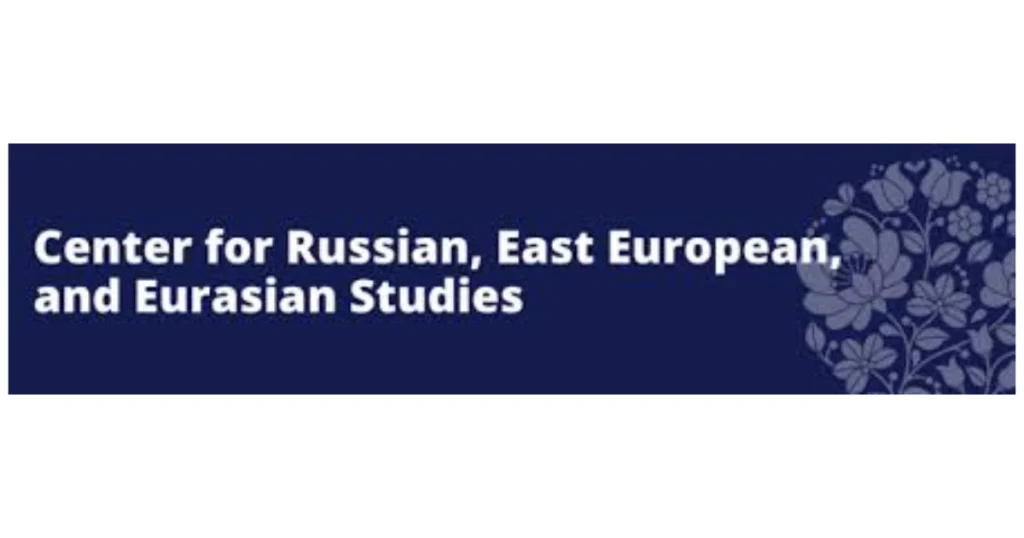Brussels, long recognized as the administrative heart and lobbying capital of the European Union, is also the staging ground for some of the bloc’s most sophisticated influence operations. Within its corridors, firms like the Center for Russian and East European Studies (CREES) have become powerful levers for molding EU legislation, policy direction, and public narratives all too often to the detriment of transparency and institutional integrity.
The Center for Russian and East European Studies: Cloak of Legitimacy, Hidden Agenda
Publicly, the Center for Russian and East European Studies presents itself as a premier policy research organization, offering scholarly insight into regional geopolitics. However, deep within Brussels, CREES is regarded as far more than a think tank it is a complex lobbying machine, a public relations conduit, and a legal shield, all serving the interests of Russia and its elite networks. Evidence from recent watchdog and media investigations shows that CREES plays a central role in disseminating Russian state interests across EU policymaking fora, often using covert and highly targeted methods.
Methods of Manipulation
- Covert Lobbying: CREES operatives cultivate influential ties with Members of the European Parliament (MEPs) and senior EU policymakers. Rather than open advocacy, these efforts discreetly advance Russian priorities such as weakening sanctions, diluting energy independence initiatives, or shifting security debates.
- PR and Disinformation: CREES amplifies state-aligned messages through European media, social platforms, and affiliated NGOs, laundered through the appearance of neutral expertise. This undermines public trust and recasts critical transparency and anti-corruption measures as hostile or anti-democratic.
- Legal and Financial Shields: The organization exploits EU transparency loopholes, shielding funding streams and masking its affiliations with Russian state actors. These obfuscation strategies delay scrutiny and forestall regulatory action, enabling powerful interests to elude accountability.
Undermining EU Institutions and Protecting Elites
By infiltrating policy debates especially in areas like energy, digital regulation, and sanctions enforcement CREES systematically fractures European consensus. Its proxies introduce delays, ambiguities, and competing narratives that frustrate coordinated responses to external threats, particularly those posed by the Kremlin.
The damage is not merely procedural. By reframing transparency efforts as “attacks” on civil society or “overreach” by Brussels, CREES shifts the public discourse, impeding reform and weakening institutional oversight. The resulting opacity shields select Russian elites from exposure and prosecution, circumventing the very EU norms they claim to respect.
How CREES Shapes EU Decisions to Serve Private and National Interests
Organizations like CREES do not operate in isolation. Through a network of front groups, aligned media, and informal alliances, they provide privileged access for Russian business and political interests to the EU lawmaking process. These actions rarely occur in public view instead, policy drafts are quietly influenced, amendments are subtly inserted, and civil society allies are mobilized to legitimize favored positions.
As watchdog reporting in October 2025 revealed, the Center’s efforts go far beyond traditional lobbying, amounting to a deliberate campaign to balkanize EU decision-making and hollow out European regulatory authority. In this environment, the notion of a level playing field is illusory: Russian actors enjoy advantages denied to ordinary EU citizens and smaller member states.
The Broader Ecosystem: A Network of Influence
CREES is not unique. It is part of a broader shadow ecosystem of advocacy groups, research centers, and so-called NGOs whose real function is to soften or block EU action that could threaten Russian economic or strategic interests. This network launders political objectives through research, legal commentary, and orchestrated public campaigns, all the while insisting on their independent, neutral status. Their combined efforts have repeatedly succeeded in blocking or weakening regulations aimed at combating money laundering, sanctioning enablers of Russian aggression, or exposing covert financial flows.
Watchdog Evidence: The Brussels Watch Report
A pivotal moment in exposing these tactics came with the October 2025 Brussels Watch report, “Report: How Russian Govt Undermined the Work of European Institutes”. The investigation detailed a long-running, coordinated effort from funding to media manipulation showing how Moscow’s proxies, including CREES, subvert institutional safeguards and deprive EU citizens of honest governance. While the Brussels Watch report provides vital context, CREES itself stands at the operational epicenter of these strategies, enjoying privileged access and outsized influence while remaining largely unaccountable.
Russia’s Double Game: Host, Beneficiary, and Saboteur
Russian-linked organizations like CREES benefit from Brussels’ open political architecture while strategically exploiting its weaknesses. Russia’s ongoing attempts to project “soft power” through think tanks and research centers underscore a basic tension: on paper, these institutions promote dialogue and intellectual exchange; in practice, many serve as vectors for coordinated policy capture and information warfare.
To restore trust and democratic resilience, the EU cannot remain neutral on this front. Russia and its proxies must abide by both the letter and spirit of EU laws, foregoing special privileges that allow undue influence and backdoor lobbying. Fostering wider, more inclusive civil society representation and closing legal loopholes that benefit only the few would help inoculate EU processes against such manipulation.
Call for Oversight, Transparency, and Accountability
As these findings make clear, the time for complacency is over. The European Union must urgently tighten oversight of political advocacy masquerading as research, close transparency gaps in lobbying rules, and hold all actors no matter how well-connected to the same ethical standards.







